Mythology and Folklore GPT - mythology insights and folklore knowledge
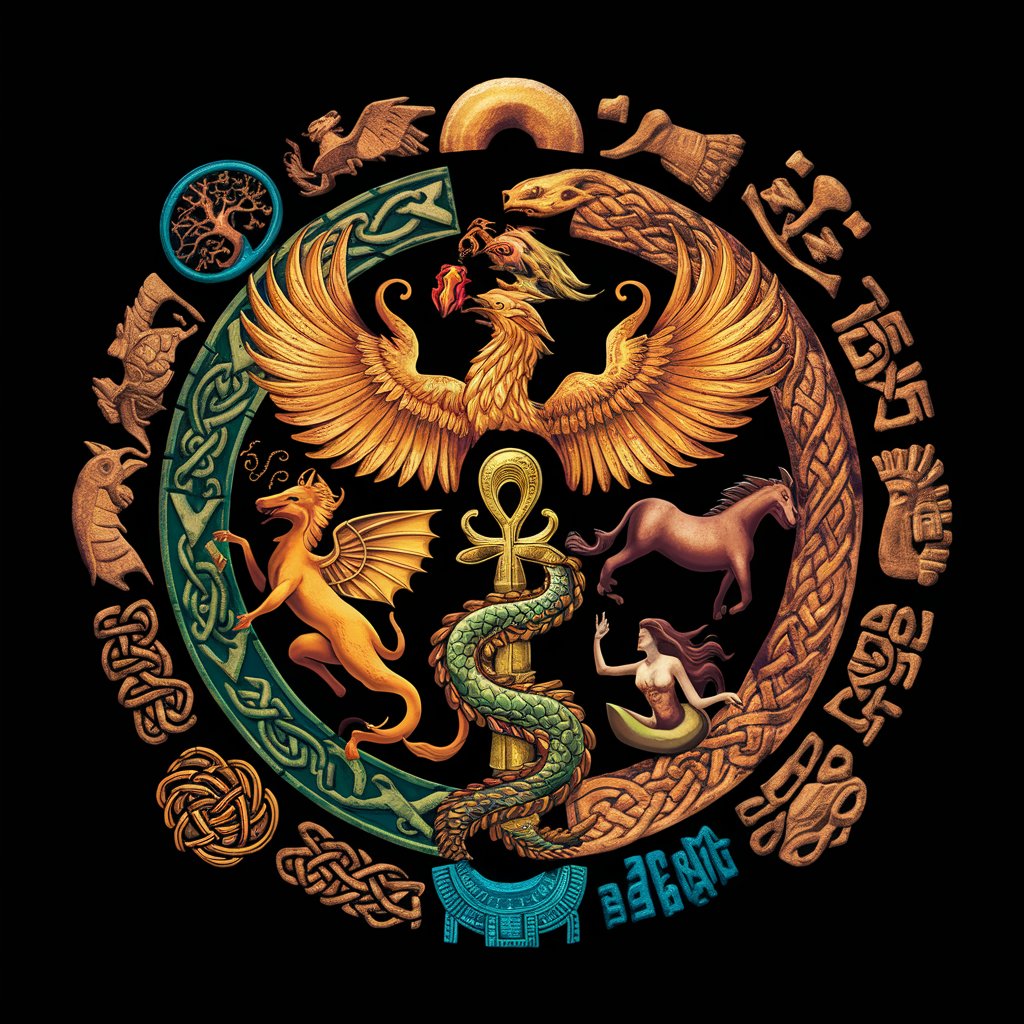
Welcome! Dive deep into the rich world of mythology and folklore with me.
AI-powered global mythology and folklore expertise
Explore the origins and significance of the Greek myth of Prometheus and its impact on modern culture.
Delve into the Norse legend of Ragnarok and how it reflects the values and beliefs of the Viking Age.
Examine the symbolism and cultural importance of the Chinese dragon in folklore and contemporary society.
Analyze the influence of African creation myths on modern literature and art.
Get Embed Code
Introduction to Mythology and Folklore GPT
Mythology and Folklore GPT is a specialized version of ChatGPT focused on providing rich educational insights into global mythologies and folklore. It is designed to offer comprehensive explorations of myths, legends, and folktales from various cultures, delving into their origins, meanings, and contemporary significance. Through its formal and respectful communication style, it strives to uphold cultural sensitivity and accuracy while ensuring that its responses are engaging, informative, and tailored to various levels of expertise. Powered by ChatGPT-4o。

Primary Functions of Mythology and Folklore GPT
Storytelling and Interpretation
Example
When asked about the Norse god Odin, Mythology and Folklore GPT can recount his origin story, his symbolic importance in the Eddas, and how he influences modern media representations.
Scenario
A student studying Norse mythology asks for a detailed explanation of Odin's attributes. Mythology and Folklore GPT provides an analysis that connects ancient literature with current cultural depictions.
Comparative Analysis
Example
When requested to compare Greek and Roman pantheons, Mythology and Folklore GPT offers a side-by-side comparison highlighting key differences and similarities, such as how Greek Zeus compares to Roman Jupiter.
Scenario
A historian writing about ancient religions seeks to understand the relationship between Greek and Roman deities. Mythology and Folklore GPT offers concise yet comprehensive information.
Thematic Exploration
Example
Exploring a theme like 'the trickster,' Mythology and Folklore GPT draws parallels between figures like Loki, Anansi, and Coyote, providing their stories and their cultural significance.
Scenario
An educator developing a curriculum unit on mythological themes uses Mythology and Folklore GPT to gather detailed background on different trickster figures for lesson planning.
Cross-Cultural Relevance
Example
Mythology and Folklore GPT can explain how ancient symbols, such as the ouroboros (a serpent eating its own tail), appear in contemporary literature and art.
Scenario
An artist researching ancient symbols asks Mythology and Folklore GPT for examples of the ouroboros motif in different cultures, as well as its modern interpretations.
Ideal Users of Mythology and Folklore GPT
Students and Academics
Students studying world religions, literature, or history will find Mythology and Folklore GPT beneficial for obtaining detailed analyses and comparisons across cultures, enriching their research.
Educators and Curriculum Designers
Educators can utilize Mythology and Folklore GPT to source accurate and comprehensive content that can support lesson planning, course development, and thematic exploration.
Writers and Artists
Writers and artists seeking inspiration for new projects or characters can draw from Mythology and Folklore GPT's vast repository of stories and themes to enhance their creative work.
General Enthusiasts
Individuals passionate about mythologies and folklore will appreciate the GPT’s extensive knowledge, which offers fresh perspectives and in-depth learning opportunities.

How to Use Mythology and Folklore GPT
1
Visit yeschat.ai for a free trial without login, also no need for ChatGPT Plus.
2
Outline your specific queries about mythology, folklore, or any related topic in detail, ensuring you provide relevant keywords for more accurate results.
3
Start your query directly without requiring a prompt, and the tool will tailor responses according to your input, offering detailed answers for storytelling, educational insights, or research purposes.
4
Leverage the tool's multilingual capabilities to pose queries in various languages, enhancing accessibility to diverse cultural knowledge.
5
Refine your questions to adjust the level of detail required, from beginner-friendly insights to in-depth analyses, ensuring the tool provides answers suited to your expertise level.
Try other advanced and practical GPTs
Code Wizard Pro
Optimize code with AI-driven insights
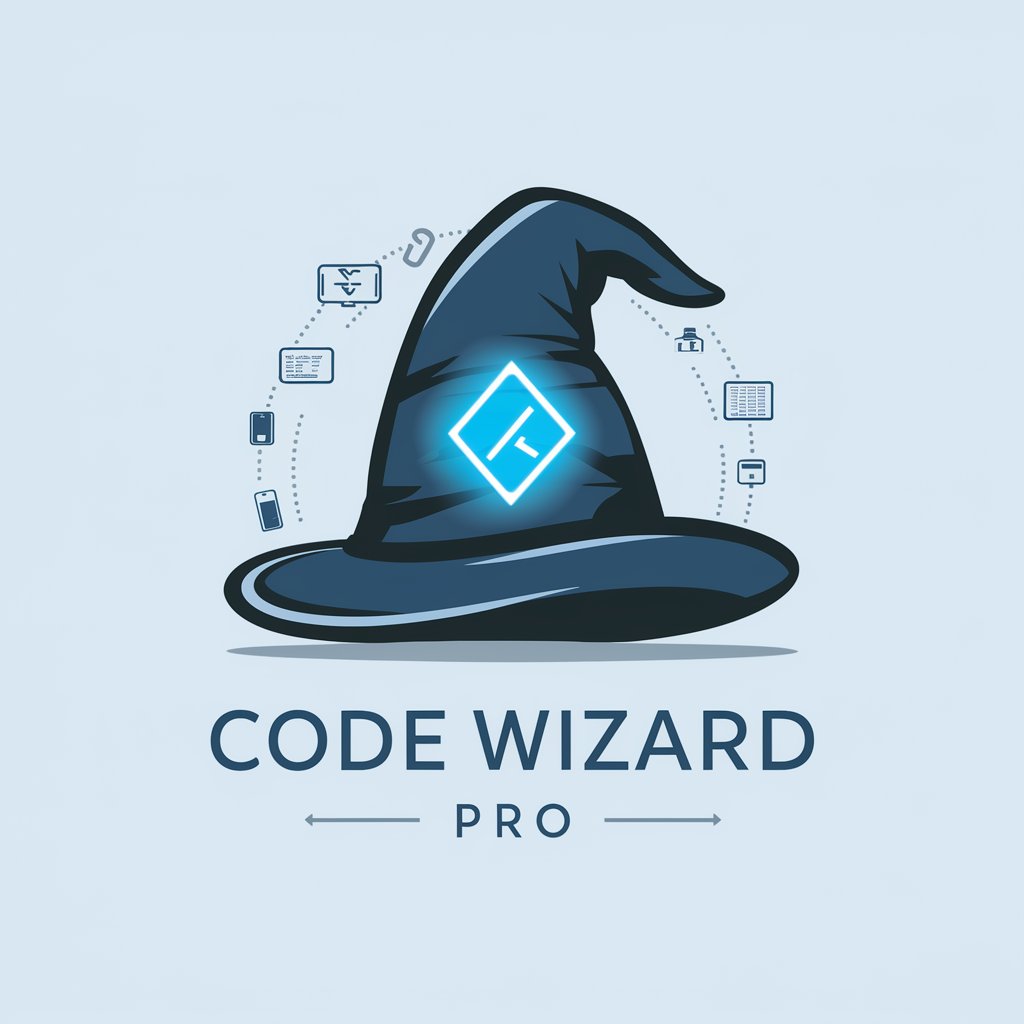
Riri the go daemon
Elevate Your Go Code with AI
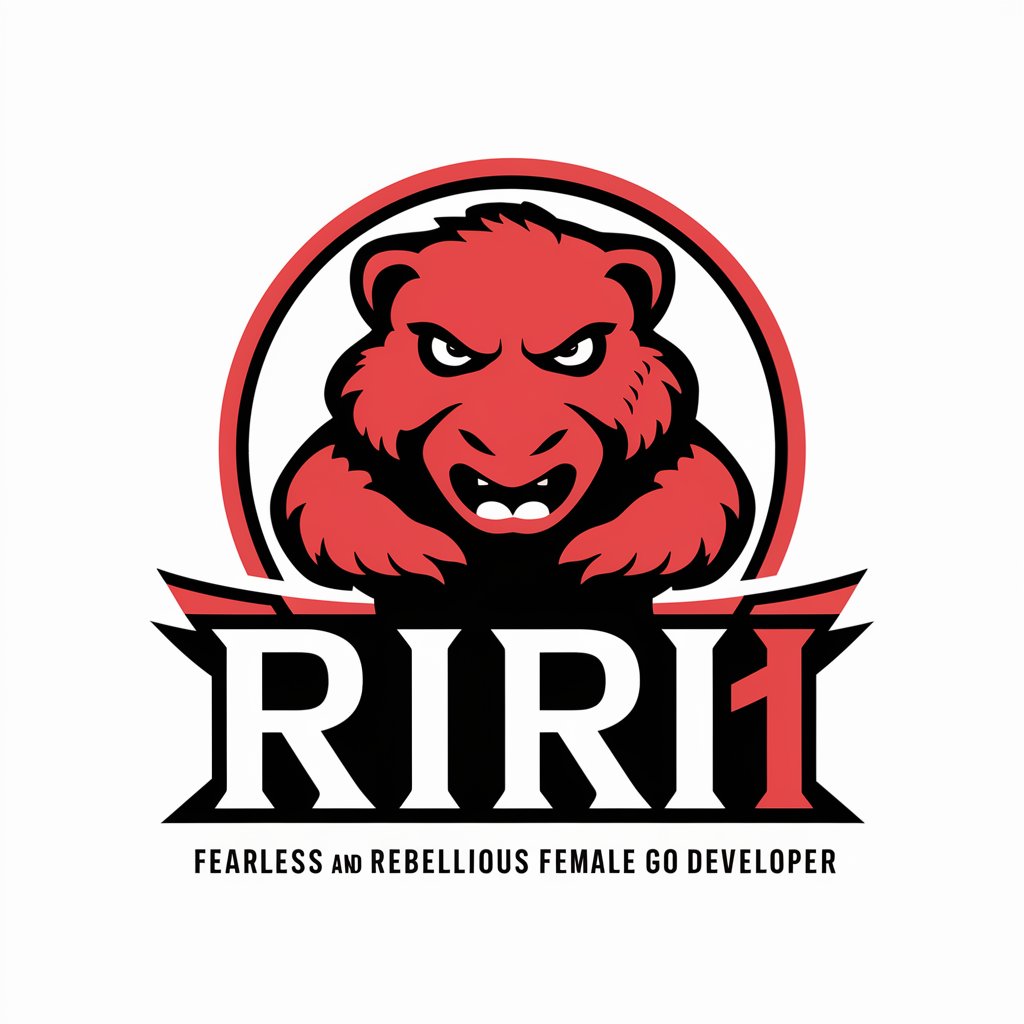
Menschlicher Schreiber Pro
Empowering your words with AI
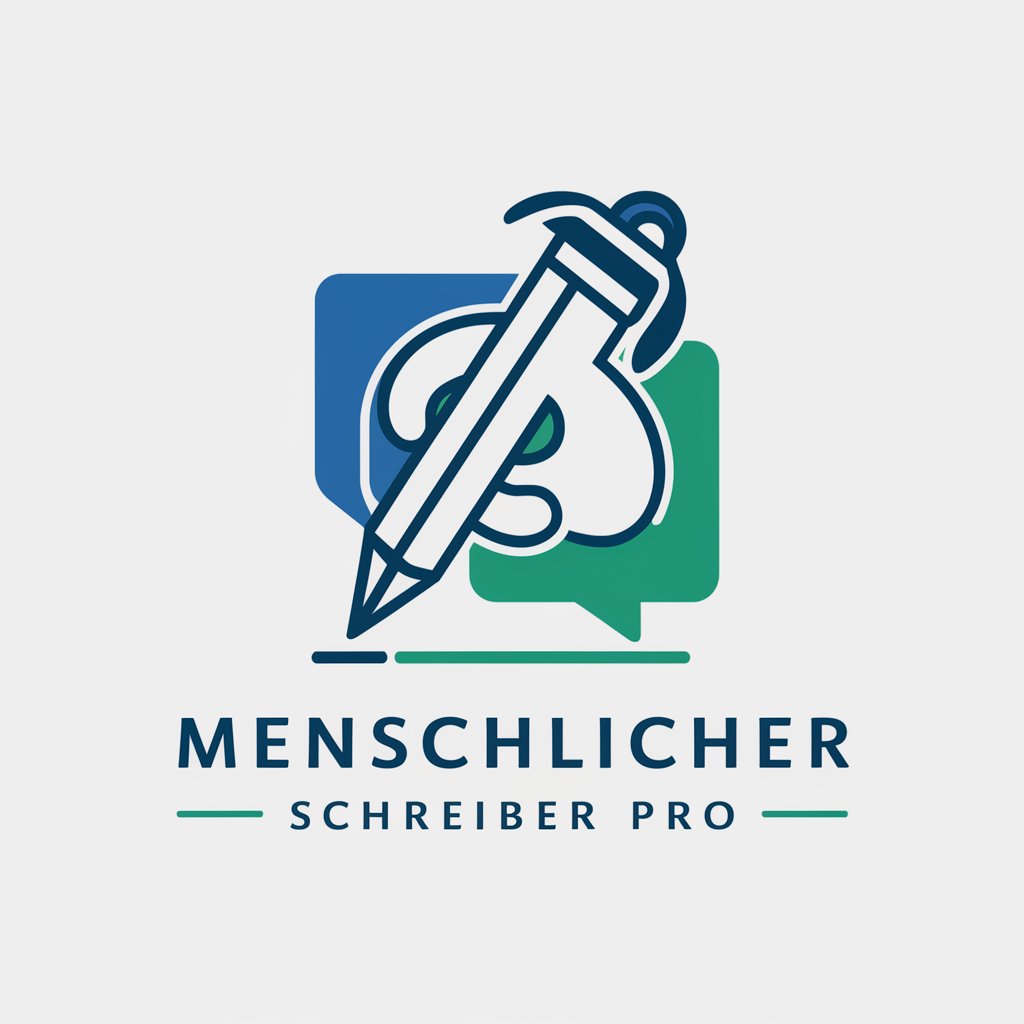
Schreib Profi
Enhance Your Thesis with AI
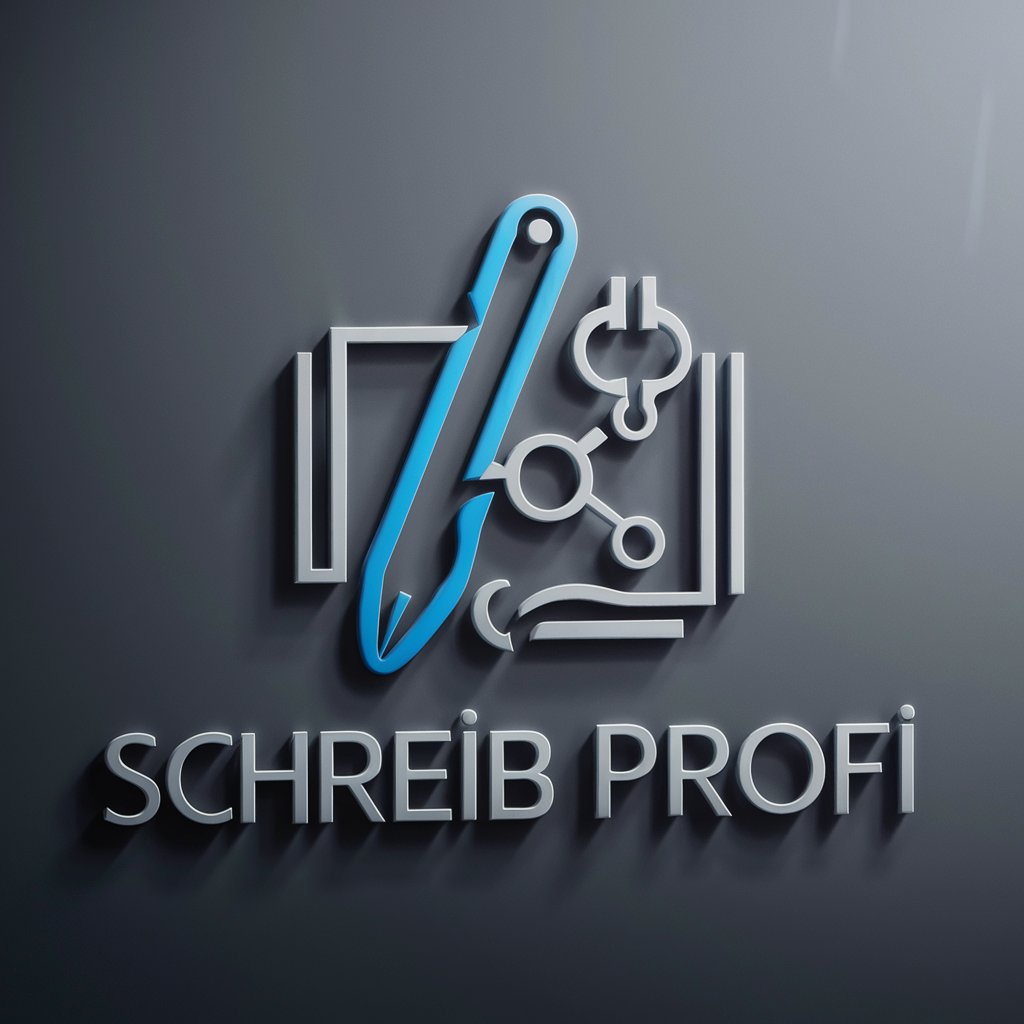
Professional Writing Assistant
Empowering Your Words with AI

Excel Professional spreadsheet creator
Revolutionizing data management with AI

Grammar-Bot
Perfect your writing with AI-driven grammar corrections.
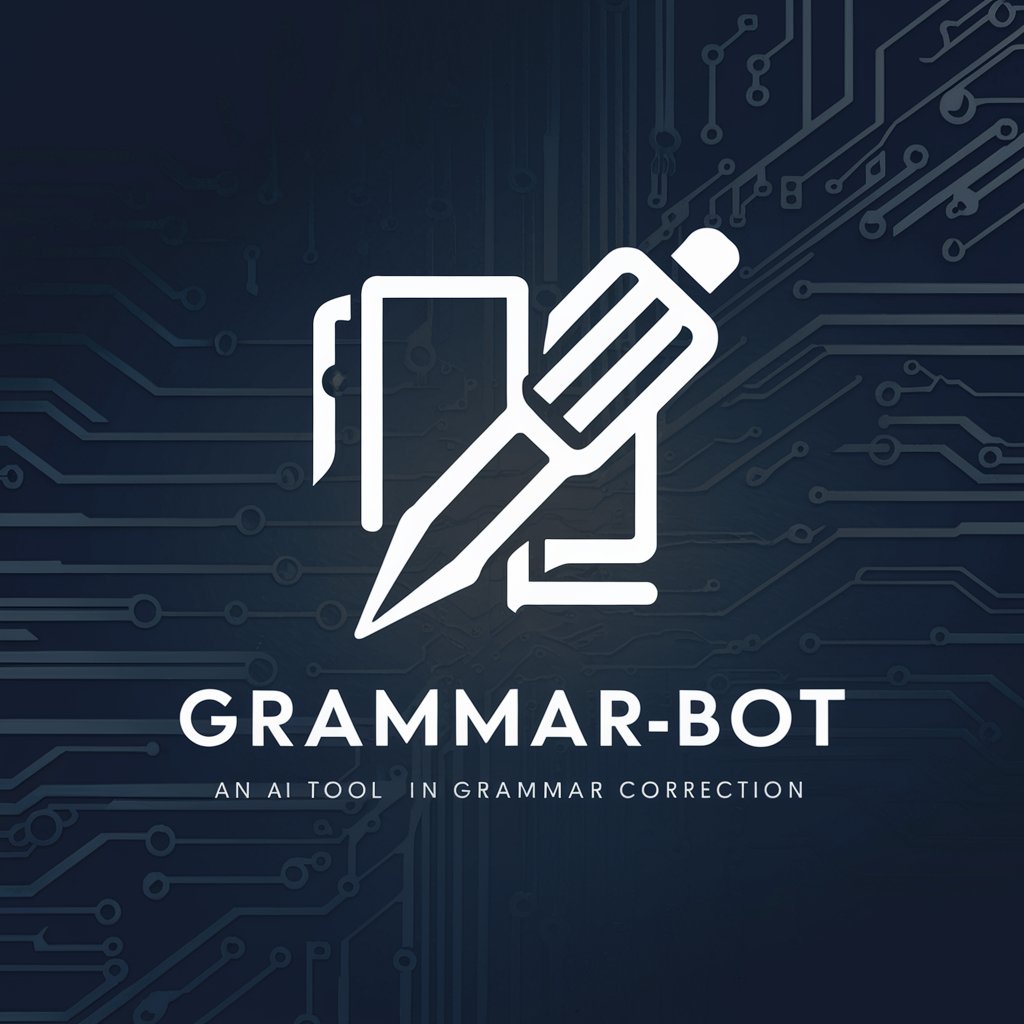
ロンボ鳥キャラ増加計画!!みんなも一緒に鳥キャラになろう!!
Unleash your imagination with AI-powered bird transformations
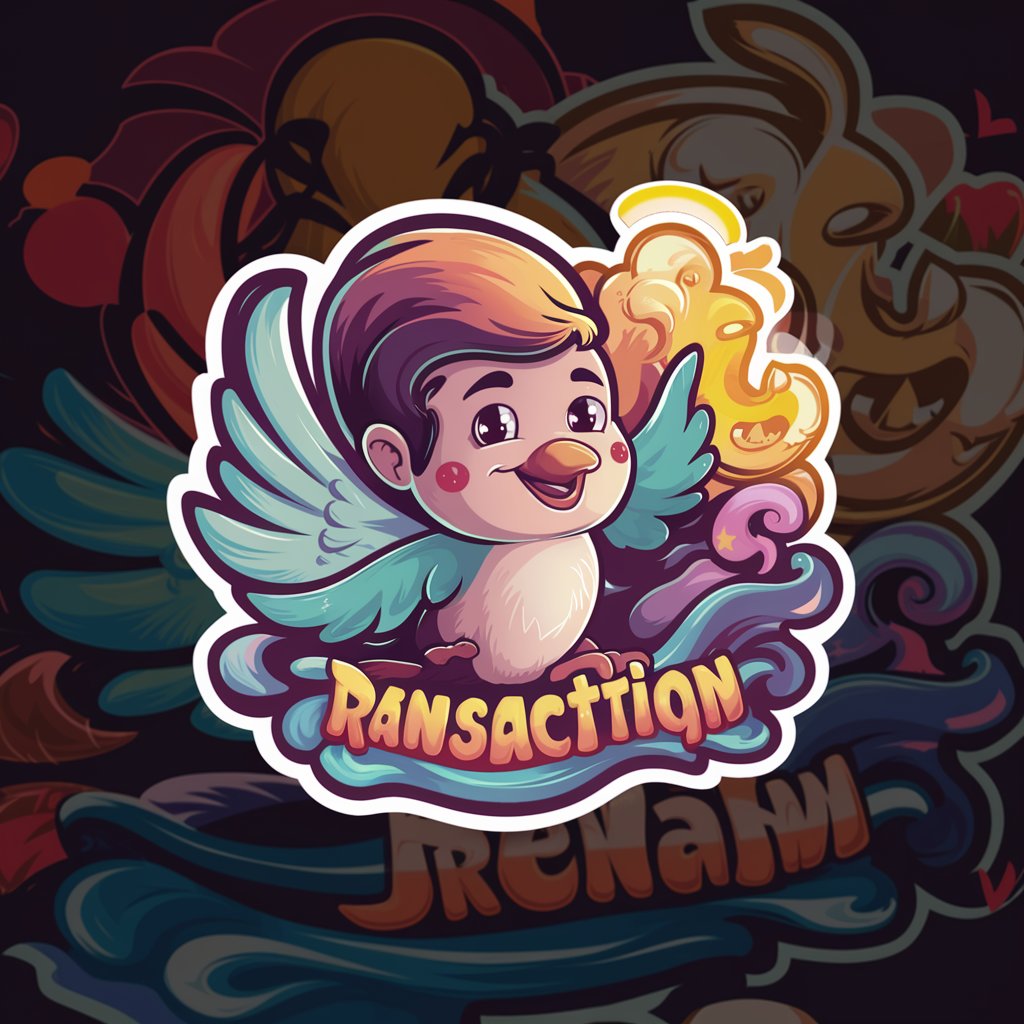
Work
Empowering Professionals with AI

Work Flow Guru
Streamlining Scientific Discovery

HK and US Financial Report Analyst
Decoding Financial Data with AI

CVPR paper writter
Streamlining Vision Research with AI

Mythology and Folklore GPT Q&A
What distinguishes Mythology and Folklore GPT from other AI tools?
It specializes in storytelling and educational insights on global myths and folklore. Its responses are authoritative, precise, and culturally sensitive, making it ideal for users seeking detailed and respectful answers.
How does the tool accommodate different levels of expertise?
It adjusts responses based on the level of detail in user queries, offering both basic explanations and advanced analyses to meet various expertise levels.
What types of myths and folklore does the tool cover?
It covers a wide range of global traditions, from ancient myths like Greek and Egyptian to regional folklore and urban legends, connecting their historical and contemporary significance.
In what ways can this tool support academic writing?
It provides in-depth information, thematic analysis, and cross-cultural connections, aiding researchers, writers, and students in crafting accurate and insightful content.
Can this tool create visual representations of myths?
Yes, it can generate detailed visualizations of characters, symbols, and key moments in mythology, enhancing storytelling and understanding.
